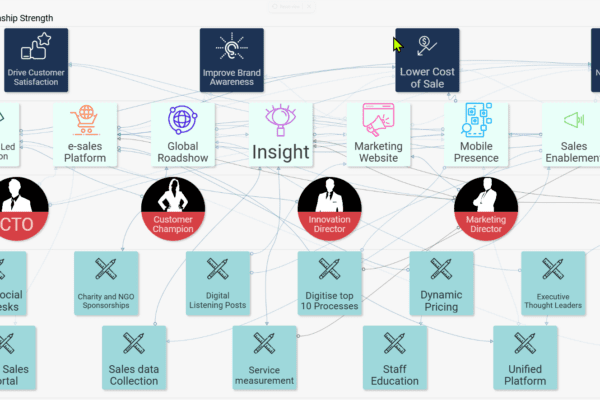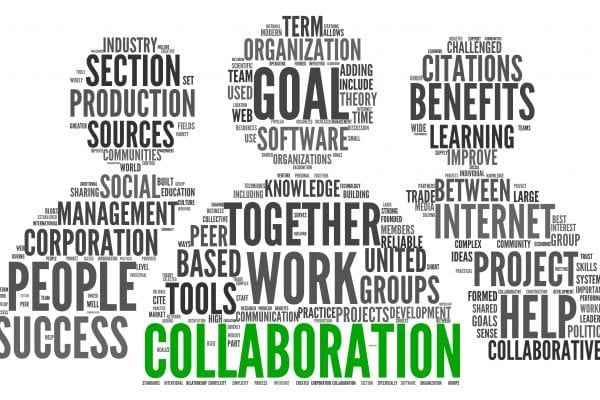
What are people saying about remote working
A common discussion with clients at the moment during online meetings and workshops, is “How productive are we at remote working?”
Generally people feel they are working more productively because they have more time (e.g. less travelling) but are concerned about teamwork and the lack of physical interaction and collaboration.
To a degree, the lack of physical interaction is “compensated” by the number of online meetings lined up, one after another in your calendar, which ironically starts to eat into the new time that you have just gained. So maybe there is no change? On the other hand, we have people who are feeling less productive because the simplest of questions require an email, chat message or phone call. For some, the formality of that process and the feeling of intruding on someone else’s time is more prevalent. As a consequence, many decide to work out the problem alone, taking more time and increasing the risk of the best solution not being utilised. Furthermore, from a personal perspective the decline in communication can lead to a feeling of isolation.
UK Remote Working 2020
I came across this recent report by London Research and Adobe, “Remote Working 2020: Advantages and Challenges”, written by Michael Nutley, a digital media and marketing journalist.
Unsurprisingly, the research backs up some of the comments and views that people have shared with me. Below you can see the three groups where we have either “more” or “less productivity” along with “about the same”.

The report covers a range of typical questions that you might be asking yourself, during team or management meetings. The 5 takeaways listed below will be no surprise to you, however, seeing the results from the research could help you increase your remote working productivity.
Key Takeaway Summary
- Productivity could be increased under normal domestic conditions
- Main benefit is improved life/work balance
- Need to ensure IT is sufficient to support remote working
- Companies need to invest in digitisation of processes and workflows
- Human issues are more of a problem than the technical ones.
I have provided the link to the report so you can read it too.
Integrated collaboration framework
The areas where I have been working with people on projects and have seen significant improvements is around points 3, 4 and 5. This has been pre COVID19 but as you would expect, this is now even more urgent and important to implement and complete.
Whether this need has been for businesses generally, or for major projects and initiatives either internally or internationally, all have required an integrated collaboration framework that includes the following:
- Organisation – leadership, culture, alignment and teamwork
- People – skill sets, behaviours, knowledge
- Processes – operational, relationships, innovation, regulatory and social
- IT– data, infrastructure, applications and systems
Helping people to understand what this means and how to start behaving, and changing their ways-of-working to ensure both remote and office working is productive, is a significant challenge and an ongoing activity.
Understanding where your collaboration gaps are with regards to your organisation, people, processes and IT systems is the first step.
Collaboration Gap Analysis
How we work with colleagues, business partners and stakeholders is not going to be fixed or improved by some new collaboration, video conferencing technology. There are so many interdependencies to consider, whereby a more integrated strategic approach needs to be taken; linking your business strategy to the business as usual processes and project initiatives to help you deliver successfully.
One way for you to get going quickly is to use the ISO 44001 collaboration framework specification, in particular the 8 operational stages and complete a collaboration gap analysis.

The gap analysis enables you to quickly and easily identify where the gaps and opportunities are in your business collaboration capability, both internally and externally. The outcome of the digital online workshop is the start of your business collaboration roadmap.
Starting your collaboration journey
I think you will agree that remote working is here to stay. Making sure you know what to focus on and beginning to move in the right direction will be critical. Collaboration covers so many aspects of business, not just remote working, although this has become the so called “new way of working”.
This change is not going to happen over night, especially the organisational and people aspects as listed above in the summary takeaways . Co-creating a collaboration roadmap from a gap analysis will help you:
- Initiate the collaboration approach and process
- Maintain the collaboration process on an ongoing basis
I am always interested to learn from your experiences. If you wish to find out more, please book a call with me “Meeting with Jason” or select the “10 Free Day SharpCloud Workshop Trial” if you would like to complete your collaboration gap analysis.



